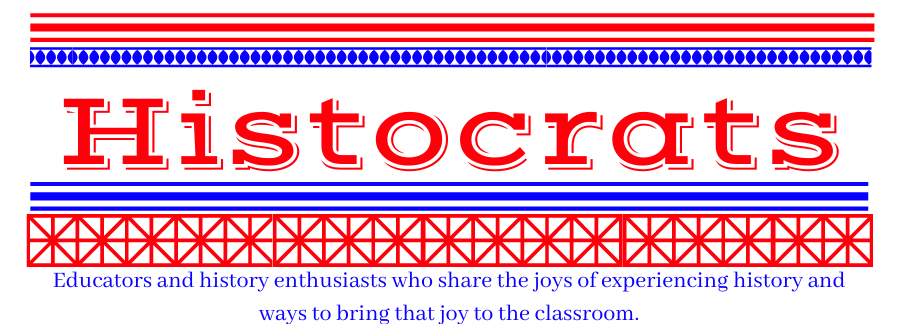I am of the generation that grew up watching the U.S. lead the Space Race. As such, I have a great affinity for all things aviation, especially the Pioneers. So, it was with great excitement I read two-time Pulitzer Prize winner David McCullough’s new book The Wright Brothers. This is a quick and easy read that tells the story of Orville and Wilbur Wright, and their struggle to be taken seriously as they taught the world how to fly.
McCullough uses a vast array of sources to bring the Wright Brothers to life. Among the sources used are the Wright Papers, including private diaries, notebooks, scrapbooks, and more than a thousand letters from private family correspondence.
 |
| Wilbur and Orville Wright From the Special Collections and Archives, Wright State University |
What was also interesting to read is what the Wright Brothers did to make their invention of the airplane public. I found it insane that locals had trouble believing they were actually flying and the cynicism they faced by many in the American press, questioning whether or not they were first in flight. Yet, they were treated like heroes in France. It was the French, not the Americans who sought out the Wright Brothers. In France, large numbers of people would travel great distances to see their public flying demonstrations. As a reader, it was shocking to learn how Americans were skeptical of the Wright Brothers, yet the French welcomed the Brothers as great heroes and embraced all that was aviation.
Unfortunately, the book only covers a small portion of the Wright Brothers life after inventing the airplane, ending in 1910. The Epilogue simply gives a quick rundown to the end of each Orville, Wilbur and Katherine’s life. Considering the detail given to the lead up of the first flight and the initial aftermath, it would have been nice to see how Orville and Katharine fared after Wilbur’s death in 1912.
Just like all other McCullough books, the reader will be transported to an earlier time and you will learn more about the Wright Brothers than you ever thought possible. If you are like me and love the world of aviation or history, I would enthusiastically recommend picking up this book. It is definitely worth a read!


No comments:
Post a Comment